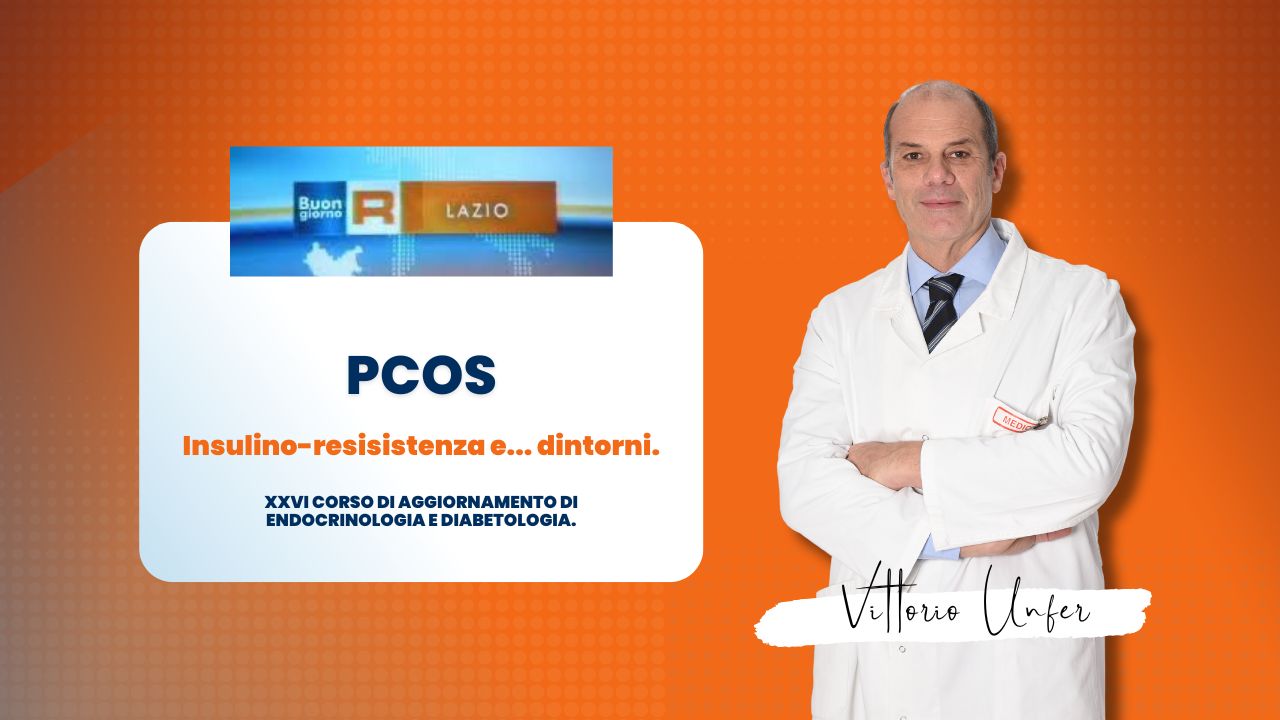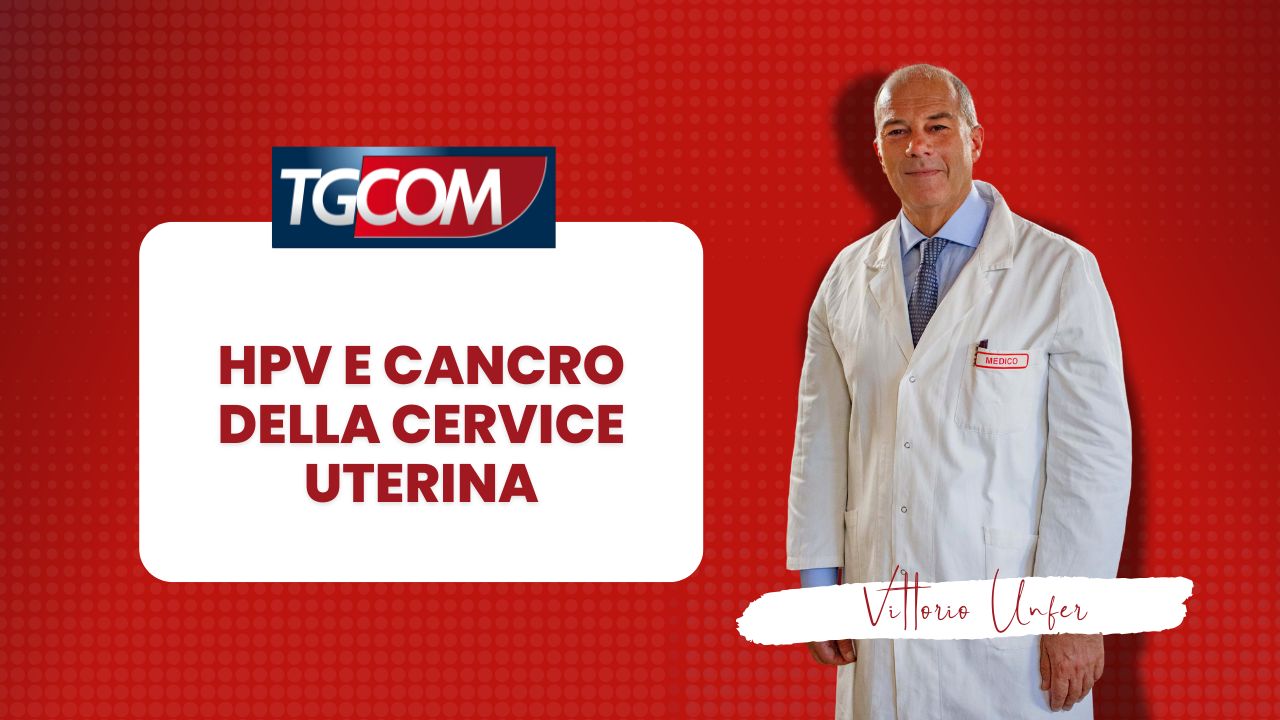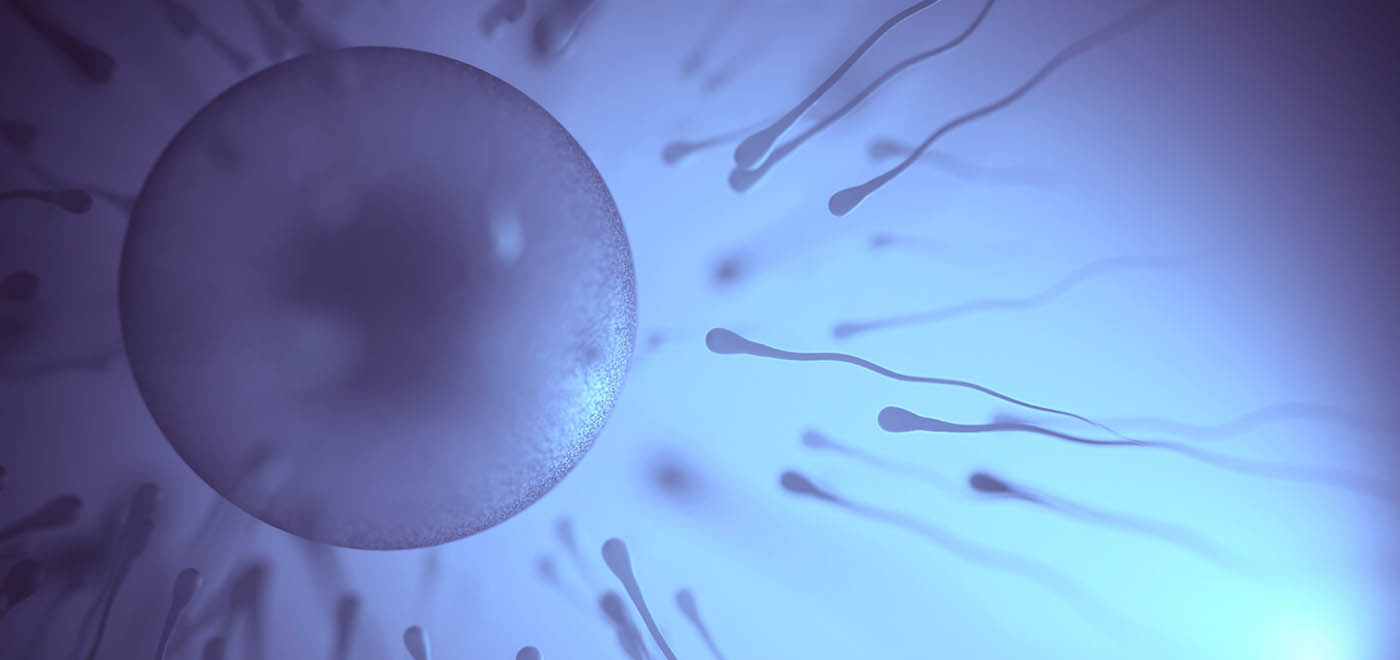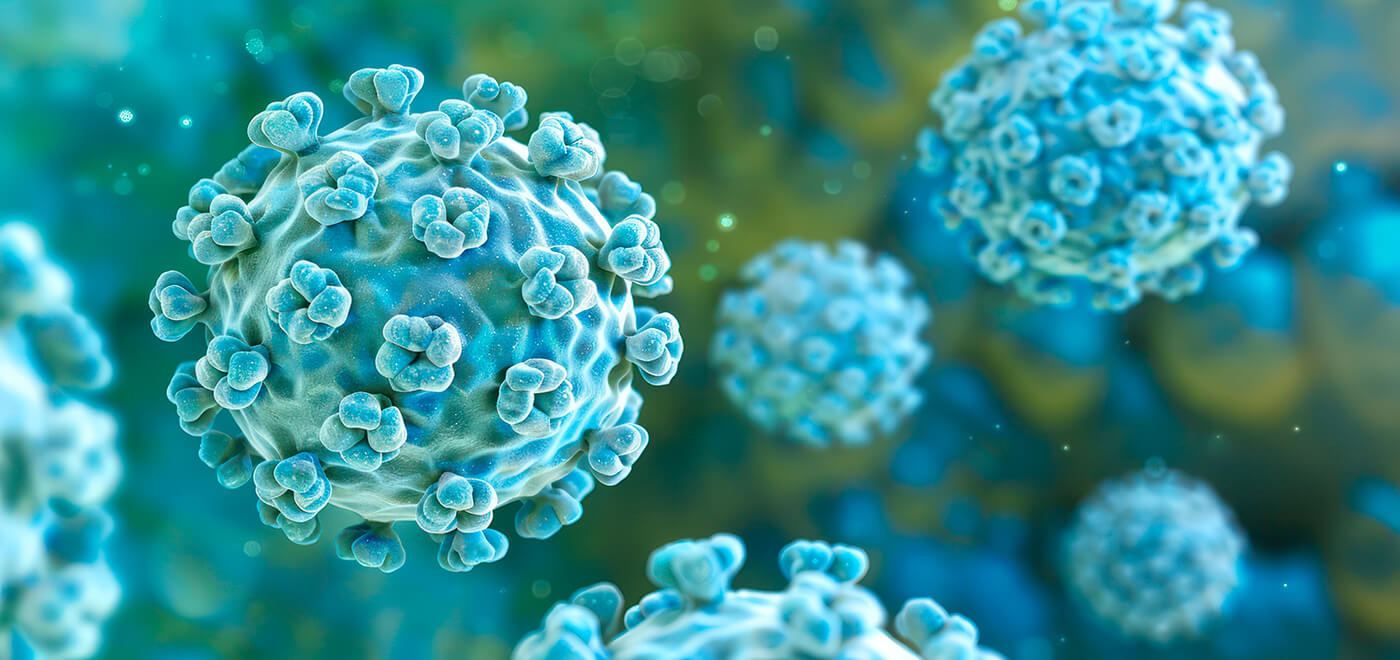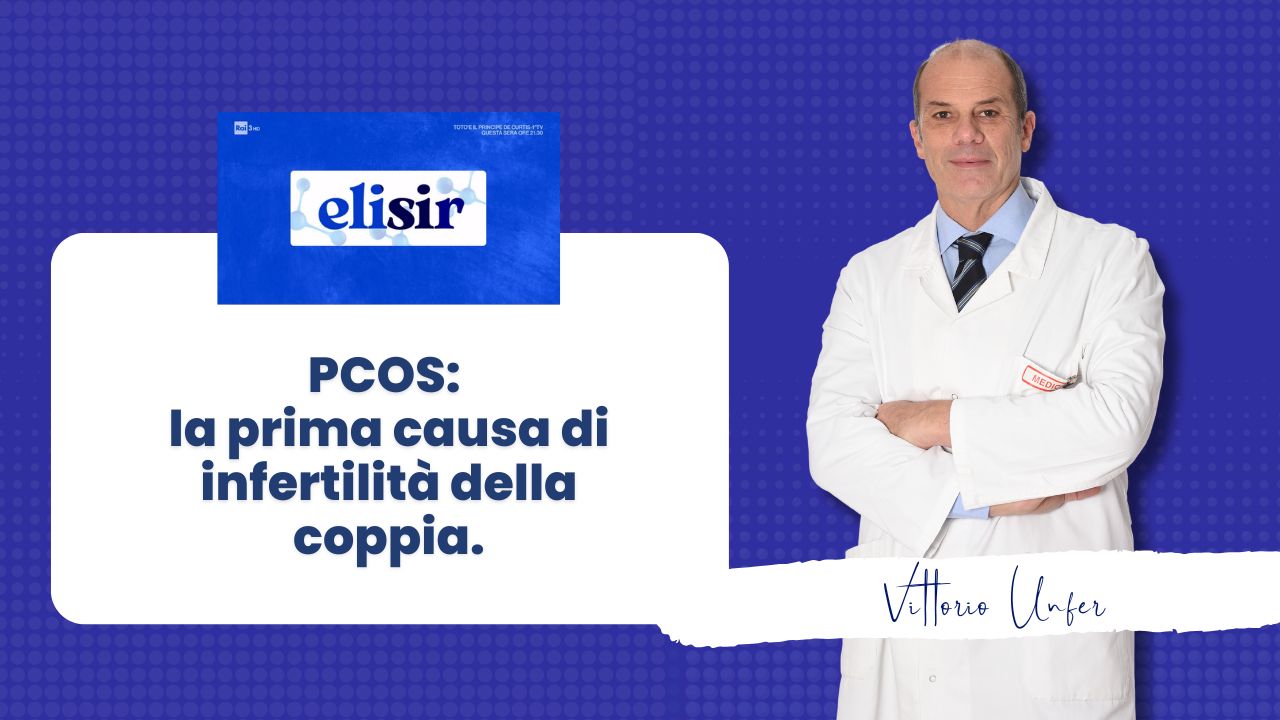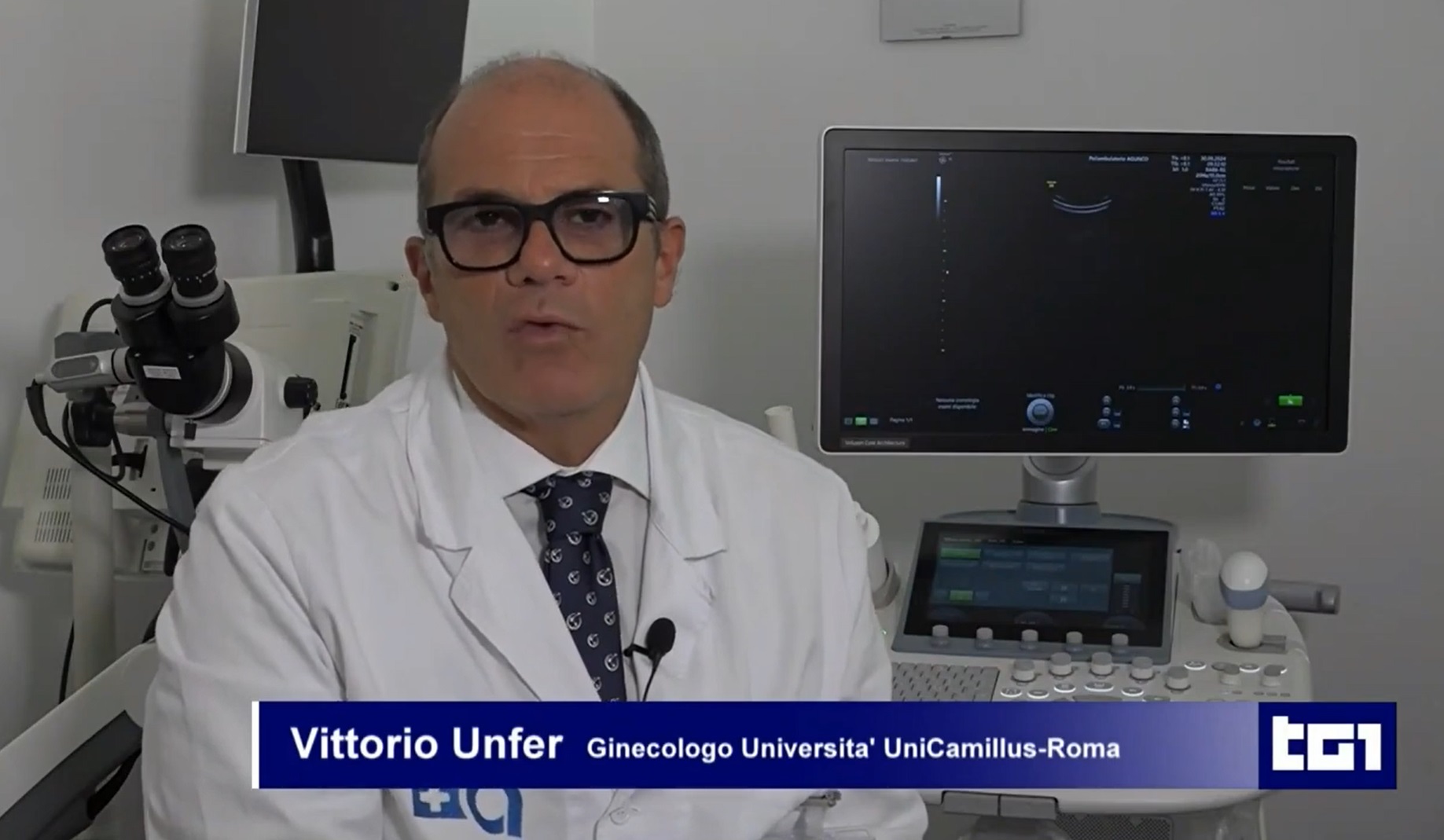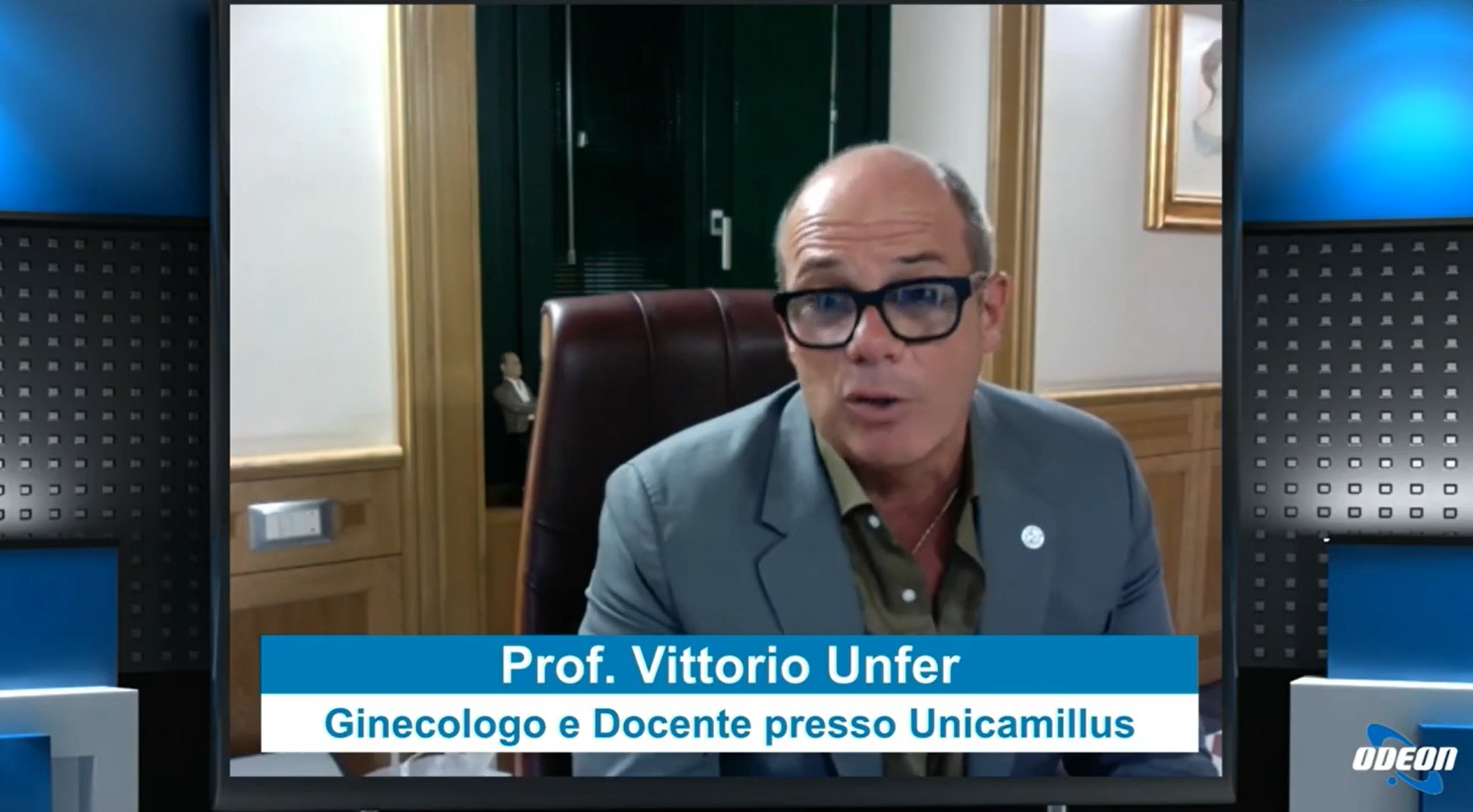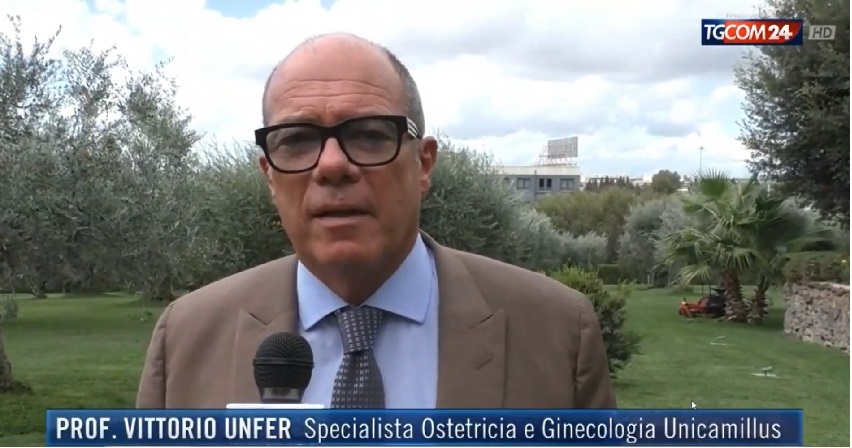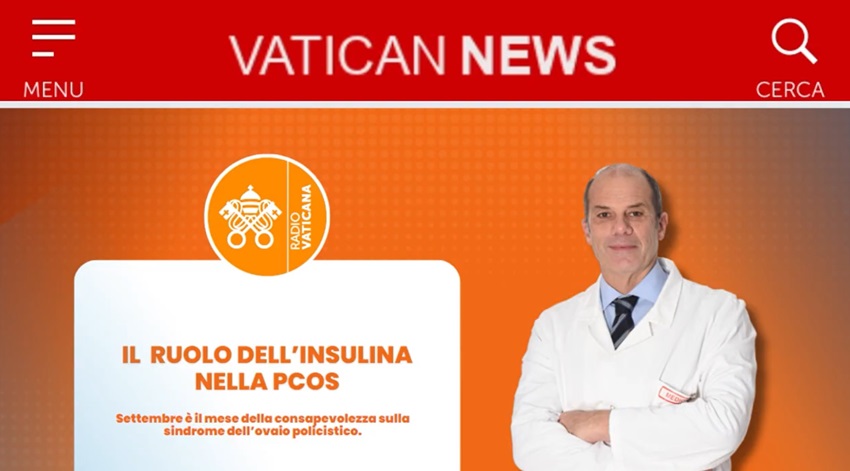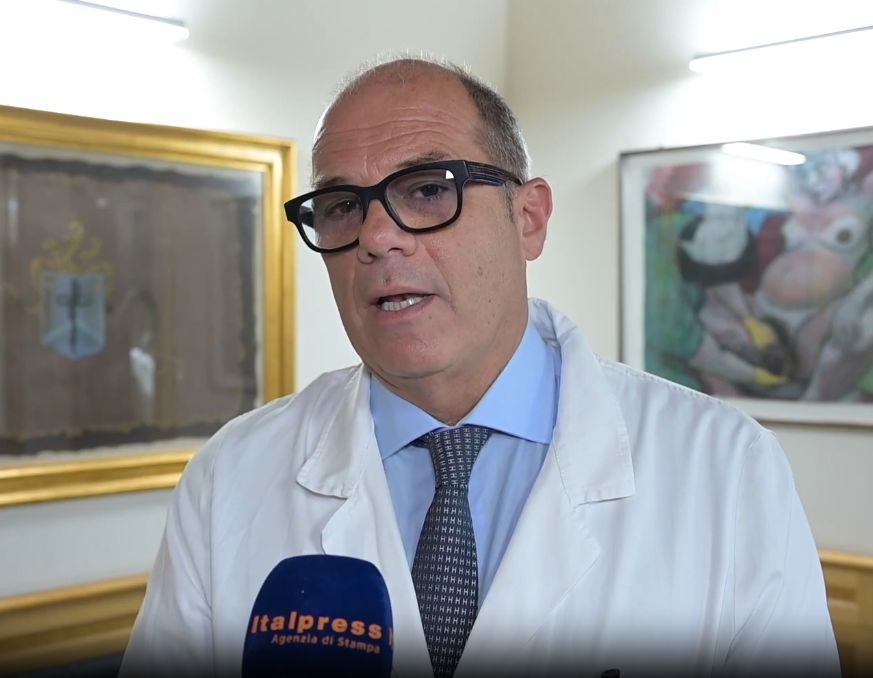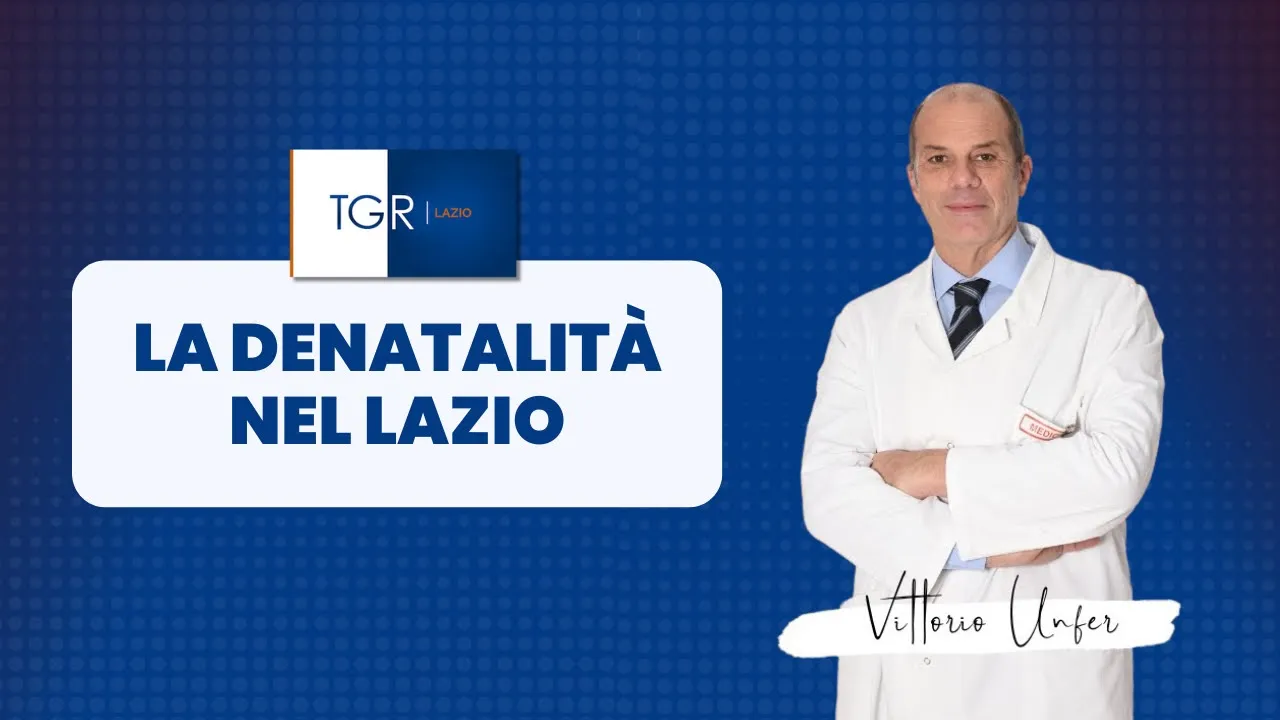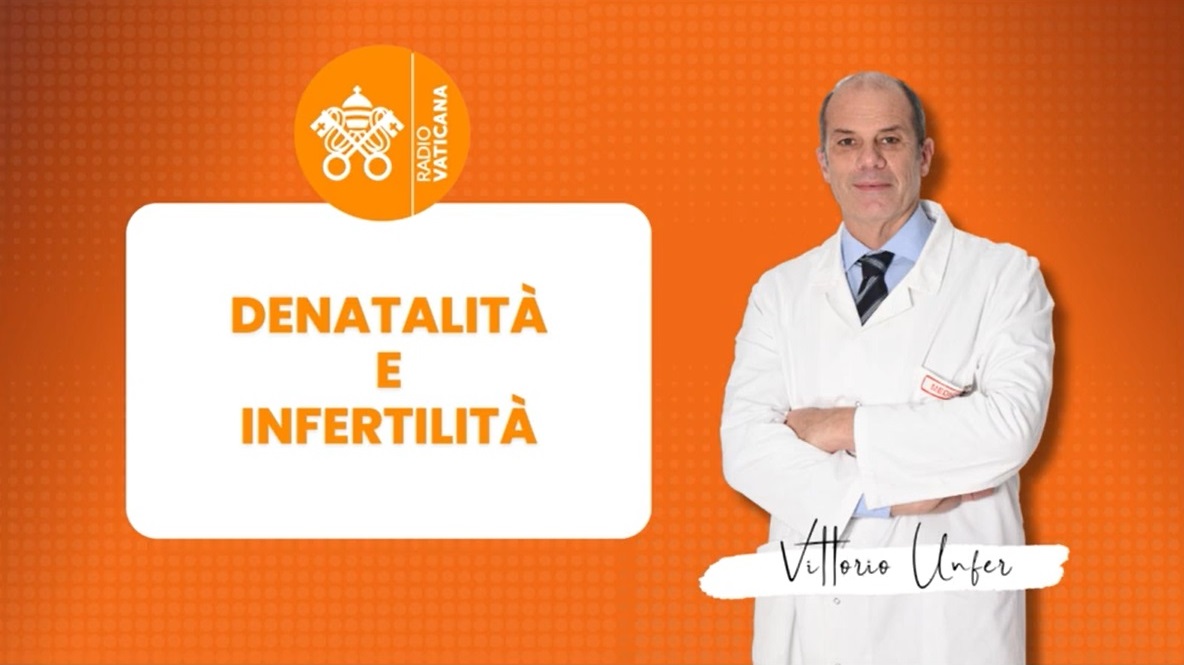Polycystic ovary syndrome (PCOS) is one of the most common endocrine disorders affecting women of reproductive age. It is characterized by chronic anovulation, hyperandrogenism, and insulin resistance. It is the main cause of infertility due to the menstrual dysfunction and metabolic disorders. Women with PCOS also have an increased cardiovascular risk because of dyslipidemia and insulin resistance. So far, we have a lot of information about the etiology of PCOS, and many steps forward have been made about the diagnosis of this syndrome, but there is still no certainty about the therapy. Myo-inositol (MI) and D-chiro-inositol, two inositol stereoisomers, have been proven to be effective in PCOS treatment. However, only MI has been shown to have beneficial effects on reproductive function, whereas the administration of MI/D-chiro-inositol, in the physiological plasma ratio (i.e., 40:1) ensures better clinical results, such as the reduction of insulin resistance, androgens’ blood levels, cardiovascular risk and regularization of menstrual cycle with spontaneous ovulation.





